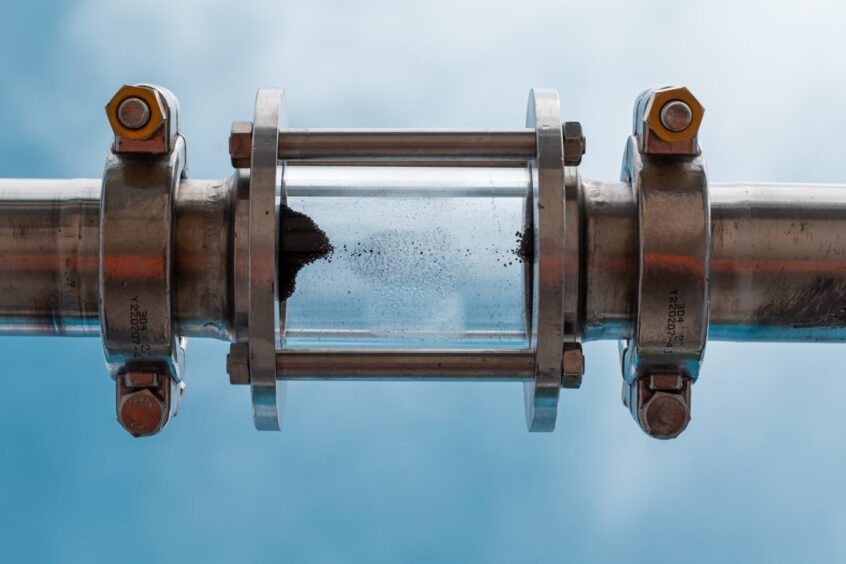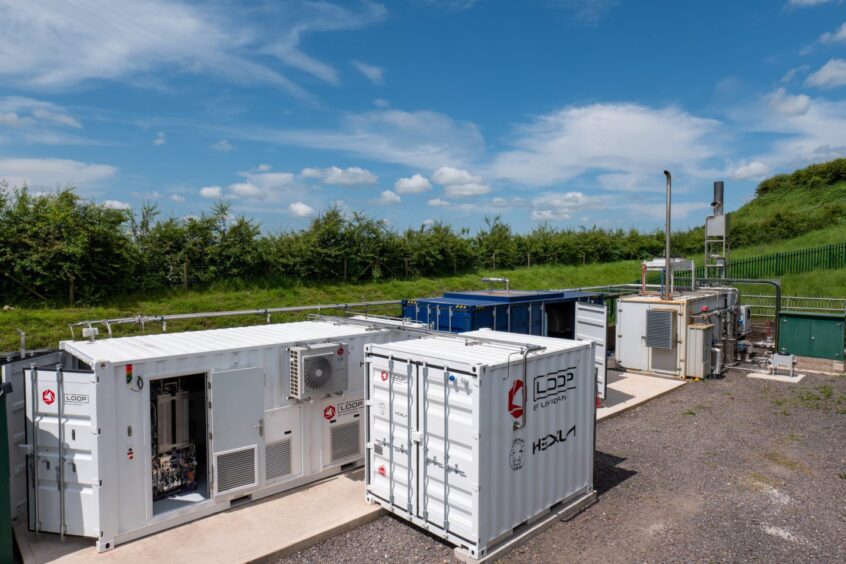
In a small step toward realising the decarbonising potential of hydrogen, developer Hexla and British climate tech firm Levidian have announced a world-first example of carbon-negative hydrogen production at Worthy Farm in Somerset – home to the world-famous Glastonbury Festival.
Worthy Farm currently produces its own power using an anaerobic digestion plant that turns thousands of tonnes of cow slurry and waste silage into renewable energy.
Levidian’s unique LOOP technology will enable the farm to capture the carbon from biomethane produced during this process and turn it into super-material graphene and green hydrogen, for use in electricity generation via the existing combined heat and power plant.
The installation is expected to deliver a saving of up to 25 tonnes of carbon dioxide equivalent each year, while the graphene will be sold as an additive to boost the performance of products such as batteries, concrete and plastics.
“The Worthy Farm project is a great example of innovation within the agricultural sector and an important showcase of the vast flexibility and potential of our technology in decarbonising hard-to-abate industries, while unlocking new revenue streams,” said Levidian CEO John Hartley.
Additionally, Hexla is providing funding to support the development of an industrial-scale unit that will deliver low-cost clean hydrogen over the lifetime of the plant as a result of the production of high-quality graphene.
Under a separate agreement, Hexla will become a global deployment partner for the LOOP technology with plans to deliver up to 300 units that will drive down the emission of hundreds of thousands of tonnes of carbon per year.
Green push
The announcement represents a step forward for the hydrogen industry as it continues to look for ways to scale up production sufficiently to become a credible, sustainable part of the future energy landscape.
Long touted as a promising source of clean energy, the hydrogen sector has struggled to bring down its costs enough to entice large-scale industrial emitters to switch away from cheaper fossil fuel options.
Earlier this month, concerns were raised that there will not be enough green hydrogen to fill the Net Zero Technology Centre’s (NZTC) pipeline from Scotland to Europe without greater support.
Nevertheless, a swathe of green hydrogen schemes across the UK are set to benefit from £2 billion in government funding, announced in late 2023, unlocking hundreds of jobs and millions more in investment.
The hydrogen allocation round (HAR1) scheme will see suppliers receive a guaranteed price from the government for the hydrogen they supply via the Hydrogen Production Business Model, which will start to be paid once projects become operational.
Recommended for you


 © Supplied by Levidian
© Supplied by Levidian